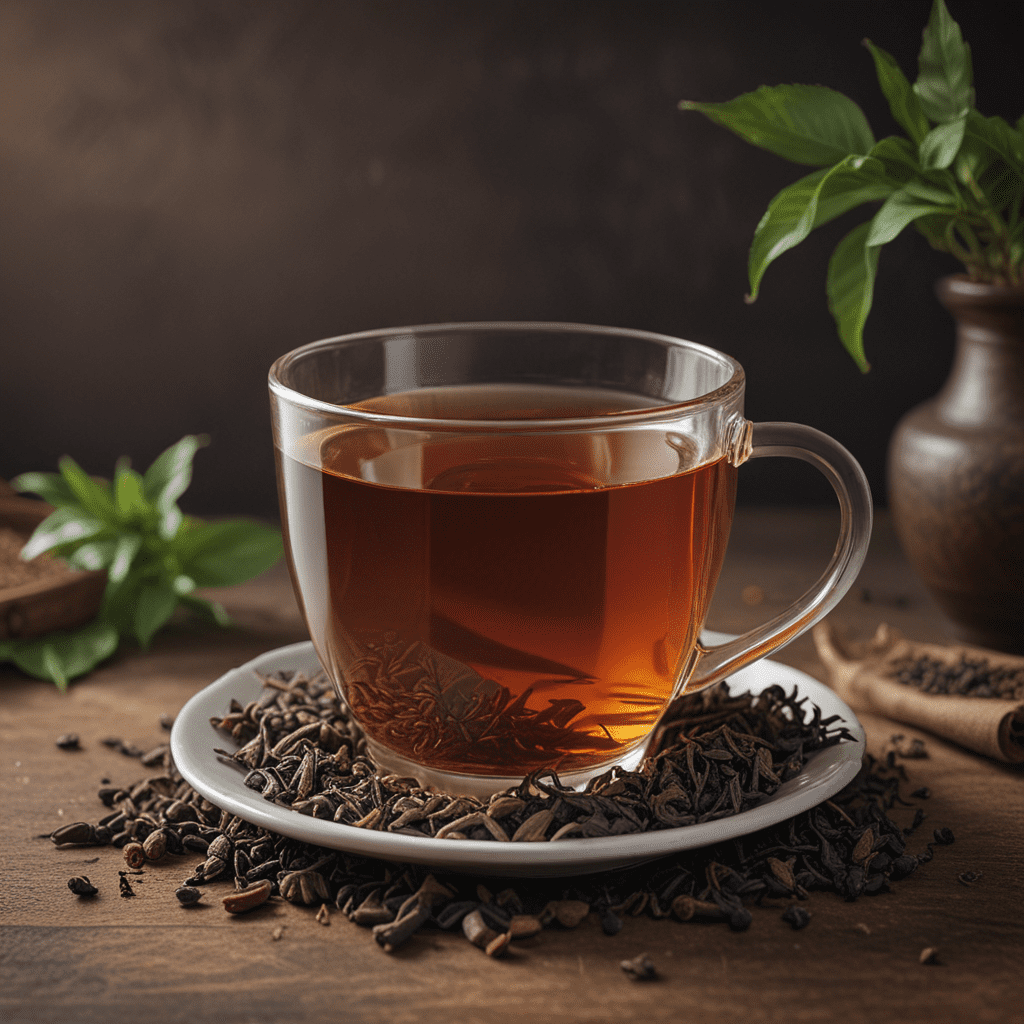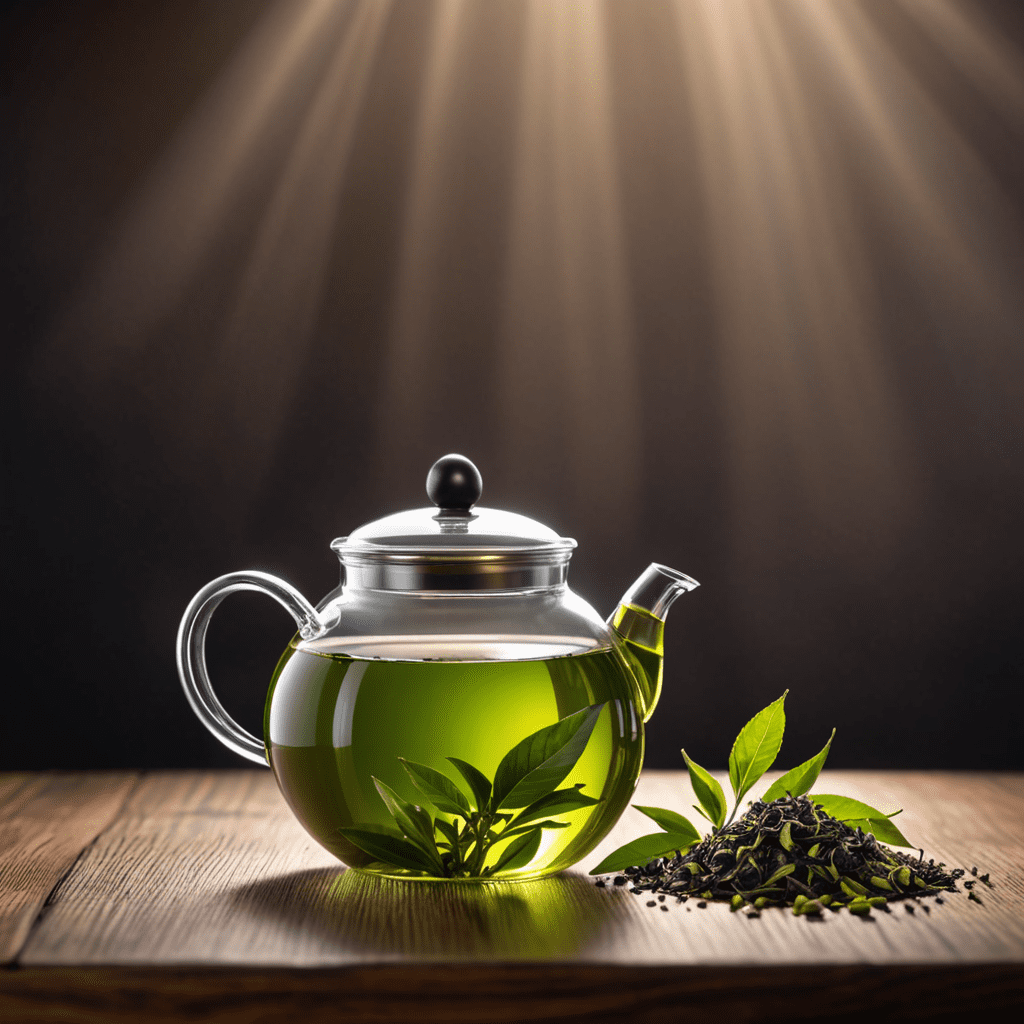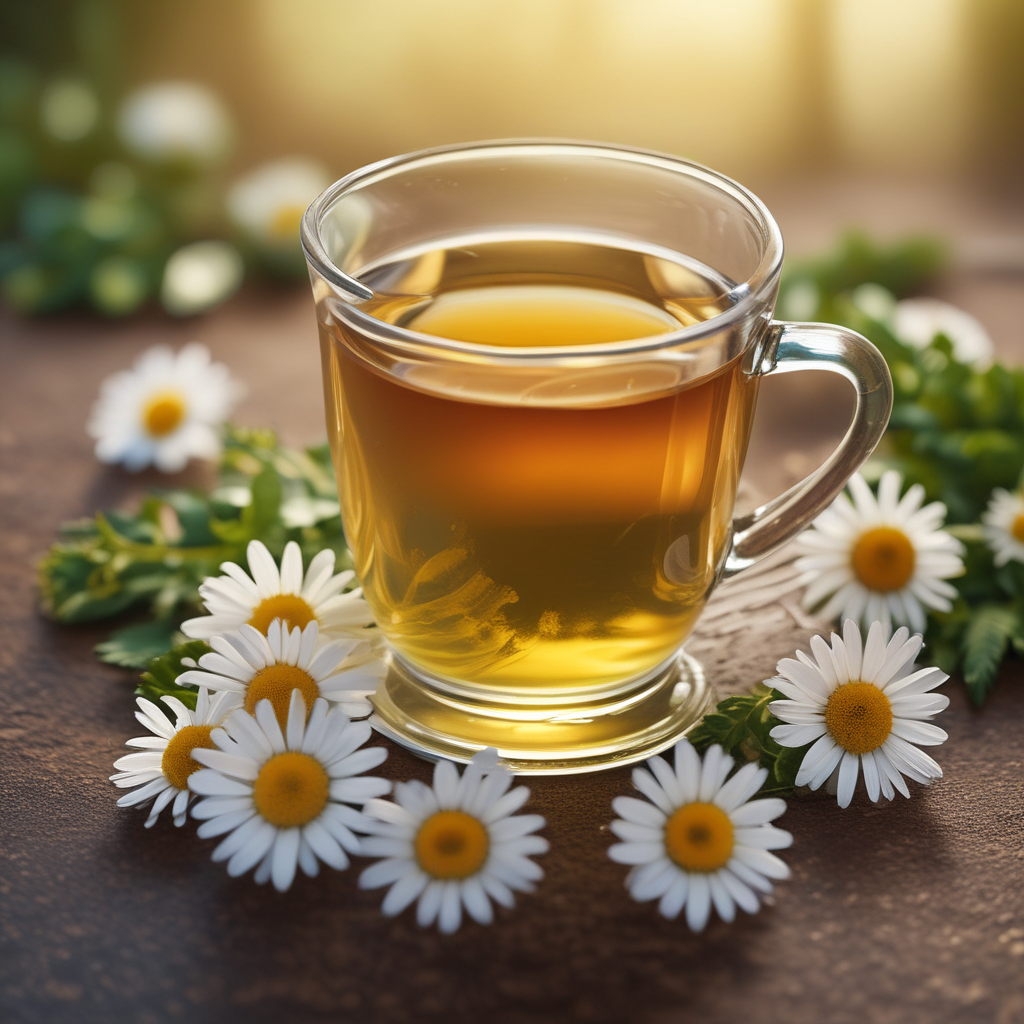Assam Tea: A Taste of Authenticity
Assam tea, a renowned beverage from the heart of India, is a symphony of flavor and tradition. Over centuries, it has captivated tea enthusiasts worldwide with its distinctive taste and aroma. Join us on a journey to explore the rich history, geographical origins, and exquisite varieties of Assam tea.
History of Assam Tea
The origins of Assam tea can be traced back to the Brahmaputra Valley, where it has been cultivated for centuries. It is believed that the tea plant was native to this region and was discovered by locals who used its leaves for medicinal purposes. During the British colonial era, the potential of Assam tea was recognized, and large-scale tea plantations were established, leading to its global popularity.
Geographical Significance
The unique climate, soil, and altitude of Assam make it an ideal region for tea cultivation. The Brahmaputra Valley provides a warm and humid climate, while the well-drained soil and abundant rainfall contribute to the growth of lush tea bushes. The tea-growing regions of Assam are divided into two main areas: Upper Assam, known for its full-bodied and malty teas, and Lower Assam, where lighter and more fragrant teas are grown.
Varieties of Assam Tea
Assam tea comes in a wide range of varieties, each with its own distinctive character. Black tea, the most common type, is known for its strong, robust flavor and deep amber color. Green tea, on the other hand, is less oxidized and has a lighter, more refreshing taste. Specialty blends, such as golden tips and silver tips, offer unique flavor profiles and are prized by tea connoisseurs.
Quality Standards
Assam tea is meticulously processed to ensure its exceptional quality. Two main methods are used: orthodox and CTC (crush, tear, curl). Orthodox teas are processed by hand, resulting in whole leaves that retain their natural flavor and aroma. CTC teas are machine-processed, yielding smaller, more uniform particles that brew quickly. The grading system for Assam tea indicates its quality, with higher grades denoting larger leaf size and superior taste.
6. Brewing Methods
Brewing the perfect cup of Assam tea is an art form that requires attention to detail. The ideal temperature for brewing black tea is between 195-205°F (90-96°C), while green tea should be brewed at a lower temperature of 175-185°F (80-85°C). The steeping time varies depending on the desired strength, but a general guideline is 3-5 minutes for black tea and 2-3 minutes for green tea. The tea to water ratio should be approximately 1 teaspoon of tea leaves per 8 ounces of water.
7. Culinary Applications
Assam tea's versatility extends beyond its traditional beverage form. Its unique flavor profile makes it an exciting ingredient in various culinary creations. Black Assam tea can be used as a base for desserts such as tea cakes and truffles, adding a rich and robust taste. It can also be incorporated into beverages such as tea lattes and cocktails, creating a sophisticated and flavorful experience.
8. Economic and Cultural Impact
Assam tea plays a significant role in the economy and culture of the region. It is a major source of income for Assam and supports the livelihoods of numerous tea plantation workers. The tea industry has also had a profound cultural impact, shaping the traditions and customs of the Assamese people. Tea consumption is deeply ingrained in Assamese society, and tea gardens are often regarded as symbols of community and heritage.
9. Sustainability and Environmental Impact
In recent years, there has been a growing focus on sustainable and environmentally friendly tea farming practices. Organic Assam tea is produced without the use of synthetic pesticides or fertilizers, ensuring the preservation of the natural ecosystem. Tea plantations are also implementing water conservation measures and reducing their carbon footprint by using renewable energy sources.
10. Tourism and Tea Experiences
Assam offers a range of tea-themed tourism experiences for visitors. One can explore picturesque tea gardens, visit tea factories to witness the production process, and engage with local tea experts to learn about the intricacies of tea cultivation and brewing. These experiences provide an immersive opportunity to delve into the world of Assam tea and appreciate its authenticity.
FAQ
What makes Assam tea so unique?
Assam tea is renowned for its strong, malty flavor and robust body, which is attributed to the unique climate and soil conditions of the Brahmaputra Valley.
How long should Assam tea be steeped for?
The ideal steeping time for Assam tea depends on the desired strength and type of tea. Black Assam tea typically requires a steeping time of 3-5 minutes, while green Assam tea should be steeped for 2-3 minutes.
What are the health benefits of Assam tea?
Assam tea contains a range of antioxidants, caffeine, and other beneficial compounds that have been linked to improved heart health, reduced inflammation, and enhanced cognitive function.
How can I incorporate Assam tea into my culinary creations?
Assam tea can be used as a base for desserts such as tea cakes and truffles, or added to beverages like tea lattes and cocktails to create unique and flavorful experiences.
Where can I find authentic Assam tea?
Authentic Assam tea can be found at specialty tea shops, online retailers, and tea gardens in Assam, India. Look for brands that emphasize sustainable and ethical tea farming practices.



